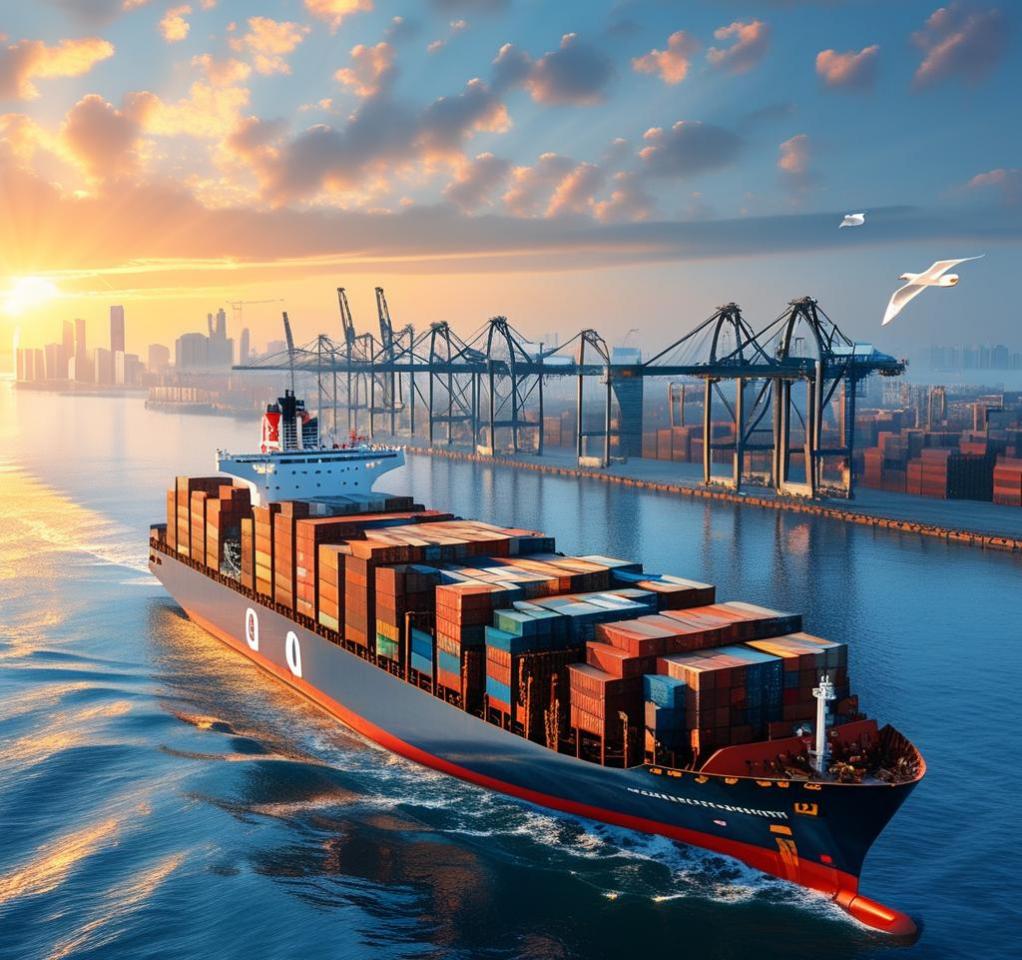- By TOP CHINA FREIGHT
- July 18, 2025
- Shipping
When it comes to international trade between China and Australia, choosing the right freight forwarder can significantly impact the speed, cost, and reliability of your shipments. Whether you’re a first-time importer or a seasoned logistics manager, finding a trustworthy freight forwarder from China to Australia is essential for smooth cross-border operations. This guide will walk you through key steps, tips, and considerations to help you make the best choice.

1. Understand What a Freight Forwarder Does
A freight forwarder acts as a logistics expert and coordinator between the shipper (you) and various transportation services (air, sea, rail, and trucking).
They handle:
- Booking cargo space
- Preparing documentation (Bill of Lading, customs forms, etc.)
- Customs clearance
- Warehousing and consolidation
- Insurance and cargo tracking
Their goal is to simplify the complex process of international shipping and ensure your goods arrive safely and on time.
2. Choose the Right Mode: Sea or Air Freight
Before searching for a forwarder, decide which shipping mode fits your cargo:
| Mode | Best For | Transit Time | Cost |
|---|---|---|---|
| Sea Freight | Bulk shipments, non-urgent cargo | 12–30 days | Low |
| Air Freight | Small, urgent, high-value items | 3–7 days | Higher |
Some forwarders specialize in one mode, while others offer both.
3. What to Look for in a Freight Forwarder (From China to Australia)
Look for forwarders who have direct experience shipping between China and Australia. They should understand Australian customs regulations, AQIS requirements (biosecurity), and port processes in cities like Sydney, Melbourne, and Brisbane.
Having operations or agents in both countries allows better coordination, faster problem-solving, and more transparency.
Ensure the freight forwarder is:
- Registered with China’s Ministry of Commerce
- A member of international freight associations like FIATA, WCA, or CIFA
- Familiar with Incoterms and HS codes
Customs delays are costly. Choose a forwarder with a strong track record of managing import/export declarations, biosecurity clearances, and tax compliance in Australia.
Avoid hidden fees. Request detailed quotes that break down:
- Freight charges
- Port handling fees
- Documentation costs
- Insurance
- Delivery charges (if DDP or DAP)
4. Where to Find Freight Forwarders From China to Australia
| Source | Description |
|---|---|
| Alibaba Logistics Services | Many suppliers offer forwarding services or recommend partners |
| Freight Marketplaces (e.g., Freightos, ShipHub) | Compare quotes, transit times, and services |
| Trade Shows and Fairs | Canton Fair, China Logistics Expo |
| Google Search & LinkedIn | Search “Freight forwarder China to Australia” + check reviews |
| Referrals from Importers | Ask others in your industry for trusted recommendations |
5. Red Flags to Avoid
- Extremely low rates that seem too good to be true
- No verifiable business address or registration
- Lack of tracking or poor communication
- Hidden charges after booking
- Unfamiliar with Australian import rules
6. Questions to Ask Before Choosing
- How long have you been shipping to Australia?
- Can you provide door-to-door or port-to-port service?
- Do you handle customs clearance and quarantine inspections?
- What’s your average transit time from major Chinese ports?
- Do you offer cargo insurance?
- What Incoterms do you support?
7. Top Ports and Routes Between China and Australia
| China Ports | Australian Ports | Route Type |
|---|---|---|
| Shanghai | Sydney, Melbourne | Sea Freight |
| Shenzhen (Yantian) | Brisbane, Fremantle | Sea Freight |
| Guangzhou (CAN) | Sydney (SYD), Perth | Air Freight |
| Ningbo | Melbourne | Sea Freight |
Conclusion
Choosing a reliable freight forwarder from China to Australia is critical to your international shipping success. Focus on experience, transparency, and customer service. By asking the right questions and doing your research, you’ll find a logistics partner that ensures your cargo arrives safely, quickly, and cost-effectively.
Need a Shipping Quote?
Click below to get a free, no-obligation quote from TJ China Freight.
We’ll respond within 24 hours with the best shipping options for your cargo.
FAQ:
Q1:What documents are required?
Common documents include a commercial invoice, packing list, bill of lading/airway bill, and import permit if applicable.
Q2:How to import from China without being scammed?
To avoid scams, always verify the supplier’s business license, ask for references, and avoid deals that seem too good to be true. Use secure payment methods. Work with trusted freight forwarders who can inspect and verify cargo before shipment.
Q3:Do I have to pay import fees from China?
Yes. When importing into Australia, you may be required to pay import duties, Goods and Services Tax (GST), and other fees like customs clearance charges and quarantine inspection fees. Your freight forwarder or customs broker can help calculate the exact costs.
